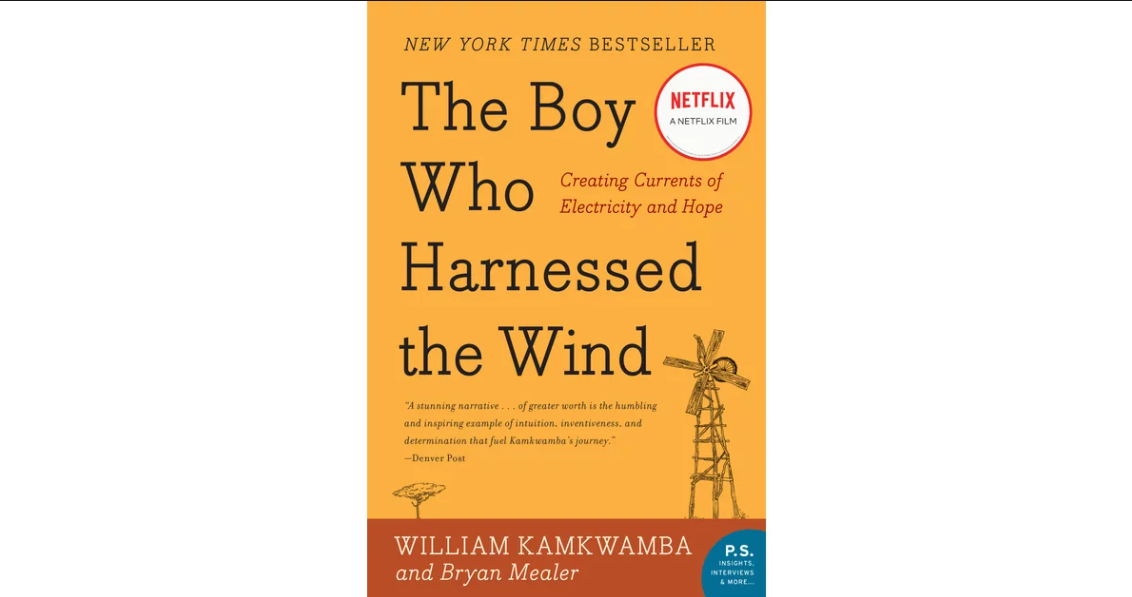Aren’t we all fond of beautiful poetries? What is that one thing which makes this medium of storytelling a one of a kind? Poetries let you feel a particular moment in the purest possible form. Poetries are beautiful. And the ones who write them are bound to be filled with purity within them. That’s the primary prerequisite for one to be a poet at heart. Phenomenal combination of words make us appreciate the aesthetics, but it’s the core emotion and the range of it which makes us fall in love with poetries at large.
Poetry is filled with nuances, detailings and most importantly truth. Rhyme could or could not be a part of it depending upon the writing style and the need. Meter and rhythm, conventional or unconventional, in some way, contribute to the overall vibe of the poem. But again, it’s important to not let these patterns dictate your writing style. Set yourself free and see what you enjoy the most.
-
The art of writing a poetry
To begin with, there’s no right or wrong way of writing poetry. The most important elements which make a poem stand out are purity and honesty. This comes before anything else. There are absolutely no rules to poetry writing. Until and unless you are true to your inner feelings and emotions which you wish to express through your poetry, you can go ahead and put those beautiful lines down on the paper. They might or might not be in a conventionally aesthetic flow, but they always need to be filled with truth.
-
Poetry as an artistic storytelling medium
One of the purest artistic mediums to have existed since centuries, poetry writing allows an individual to be free. Your writing will always be a mirror to what kind of a personality you are, the range of emotions hidden beneath the layers of your skin, heart and mind will all be on display when expressed with honesty. And this makes poetry a very rich medium of storytelling.
-
The merits of consistent and extensive reading
One thing which will allow kids of young age to become better at expressing themselves through poetries is the habit of reading. Reading extensively is vital for an individual’s linguistic growth. The ever expanding pool of vocabulary and emotions comes handy like nothing else. The more awareness with respect to the ways in which an emotion can be expressed, a feeling can be conveyed, the art of narrating an episode of your life, or an interesting, profound observation, all of this will come across as byproducts of a good consistent reading habit.
-
Balance between substance and style
Playing with words is an integral aspect of poetry writing. Cracking some super creative permutations and combinations will result in some unimaginable final outcomes. And ofcourse one should be conscious of this. But at the same time it is important to understand that this particular side of poetry writing should never overpower the delicate emotional aspect. In the race between substance and style, always substance should be prioritised and everything else should be tweaked in and modified accordingly. The emotion riding upon your poetry is your very own original piece which should stay unadulterated and uncompromised at all costs.
-
Just write
Poetries should just be written. Don’t wait for the moment. Don’t prepare. Just start writing as and when you feel like. Write about yourself, write about your day, write about the emotion you are feeling at that very point of time. The possibilities are endless. Why not explore them? Being mindful is important. Notice and appreciate little things in life and develop an eye for detail. The more you explore yourself, the world around you and the more you read, the better you will write.
-
Diversify your reading habits
In case if you start (and for your overall betterment you definitely should be) reading classic poetries and great poets, try your best to diversify your poetry consumption habits. Try to read and go through as many diverse poets as possible. Don’t get caught up in patterns or specific types. Obviously liking a particular aspect of the conventional poetry writing skill sets is understandable and then building upon the same later could be quite common a habit in young kids, but it is also important to just be flexible and open minded and see what all possibilities this beautiful medium throws at you. It is important to develop your own voice and nurture it over time.
-
Your own distinct voice is your identity
Having a very personal and a distinct voice is very important in any medium of art and storytelling, let alone poetry writing. Through poems, your personal voice will always come across as more personal and more intimate. It will let the reader take a deep dive into your soul. And that beautiful journey through your heart will turn out to be a memorable one with the right kind of a poetic feel.
-
Write intuitively and respect and acknowledge your inner emotion
Don’t write poetries as a task or as a project. Write them when you feel like. Write them to enjoy the process and to free yourself, to put out something that’s been waiting to find a place in this world. Once you complete your piece, reading it again should bring a smile on your face, and not only for style but primarily for substance. A good style is like an add on, a cherry on the cake. But substance first, always and forever.
The intention of this blog isn’t to teach you how to write poetries, no one can. That you will have to figure out on your own. And it is extremely important for you to do so on your own, by exploring the poetic side of yours. This medium is too personalized and an intimate one to look up to something or someone else for inspiration and motivation. For that you will have to look within yourself. Because that’s what poems are for, aren’t they?
As the legendary poet Robert Frost once said, “Poetry is when an emotion has found its thought and the thought has found words.” “Poetry is what gets lost in translation.”

)
)
)
)
)
)
)
)
)
)